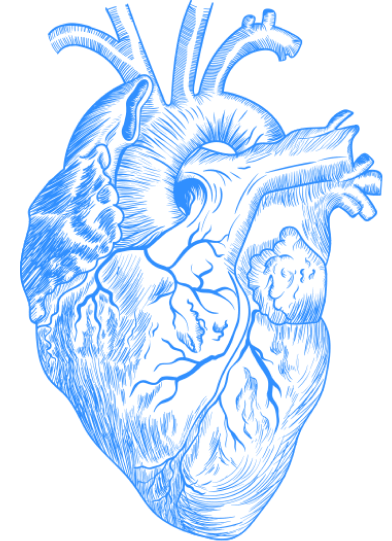

I carry the plenum of proof, and everything else, in my face. —Walt Whitman, Leaves of Grass
The importance of the face in human interactions from the day we are born cannot be overstated.
Infants, even if they are blind, communicate their feelings to their parents in large part through facial expressions. For children and adults, so much of what we comprehend about people’s feelings involves interpreting a glance, a smirk, or raised eyebrows. And there has been research suggesting that our own facial expressions can affect how we feel — what is called the “facial feedback hypothesis.”
I didn’t fully understand the importance of facial communication, though, until I met patients with illnesses — such as Parkinson’s Disease (PD), depression, and schizophrenia — that drastically alter a person’s ability to express thoughts and feelings through small movements of facial muscles. When meeting patients afflicted in this manner, I don’t know how they receive my questions or explanations. I don’t know if they’re upset. I can’t tell what they’re going to say next. The emotionless face, so empty and devoid of character, can be frightening; a person seemingly unaffected by emotion is capable of almost anything. Of course, these patients experience emotions of all kinds. Their faces just don’t exhibit them.
Leon Kass writes in Toward a More Natural Science about the importance of emotions expressed through the face, for instance in blushing. This can help us to think about patients with limited facial communication.
Blushing, like many facial expressions, “is not under our control.” Moreover, blushing is the “involuntary outward bodily manifestation of a very complex psychophysical phenomenon.” Mental states induce blushing: shyness, modesty, embarrassment, shame. Many of us blush when we’ve done something wrong, know we’ve done something wrong, and are scolded for doing so. It is, in certain respects, a public proclamation of shame. Similarly, the furrowing of the brow, a smile, and a frown are also public manifestations of mental states. All this indicates that we are social beings and cognizant of those around us. To wit, Kass argues that blushing requires a notion of the self, a concern of how one appears to others, and an “awareness that one is on display.”
The same is not always true about every facial expression, but it is certainly applicable in most circumstances. When we laugh at someone else’s joke, or cry when wronged in some way, we can do so alone. But more frequently we do so in front of others and in response to others. In the case of crying, we may try to be alone when we sob because we are concerned about appearing fragile or weak. With smiling or laughing, we are recognizing that someone else said something funny. These are social reactions that require cognizance or acknowledgement of other human beings, and many of our facial expressions take place within the context of social relationships. “The face,” Kass writes, “is not only the organ of self-expression and self-presentation, the source of our voice and transmitter of our moods; it also contains the chief organs for beholding other selves.”
Because of the significance of the face in our social interactions, it is “most highly regarded, both in the sense of most looked at and in the sense of most esteemed.” Attention, wanted and unwanted, centers on the face. Yes, some superficial aspects of ourselves can reveal much beneath the surface: our deepest worries, fears, and joys. Such an understanding ought to give us new appreciation for the kinds of difficulties patients without facial expressions confront. They are handicapped in their interactions with others. They inadvertently block a vital mode of communication. They cannot indicate how they feel without using words. As physicians we treat the symptomatic aspects of diseases like Parkinson’s, but we cannot change someone’s face; even while patients are on their PD medications, their facial deficits persist. It is one of those debilitating aspects of illness that one can easily forget when thinking about people who suffer from these illnesses but that one cannot ignore when facing them in person.
